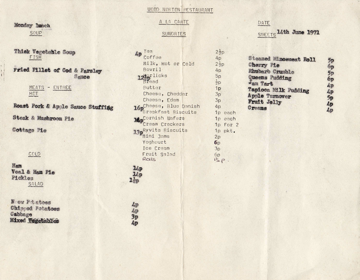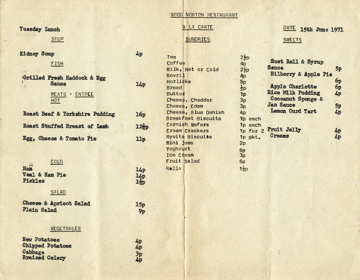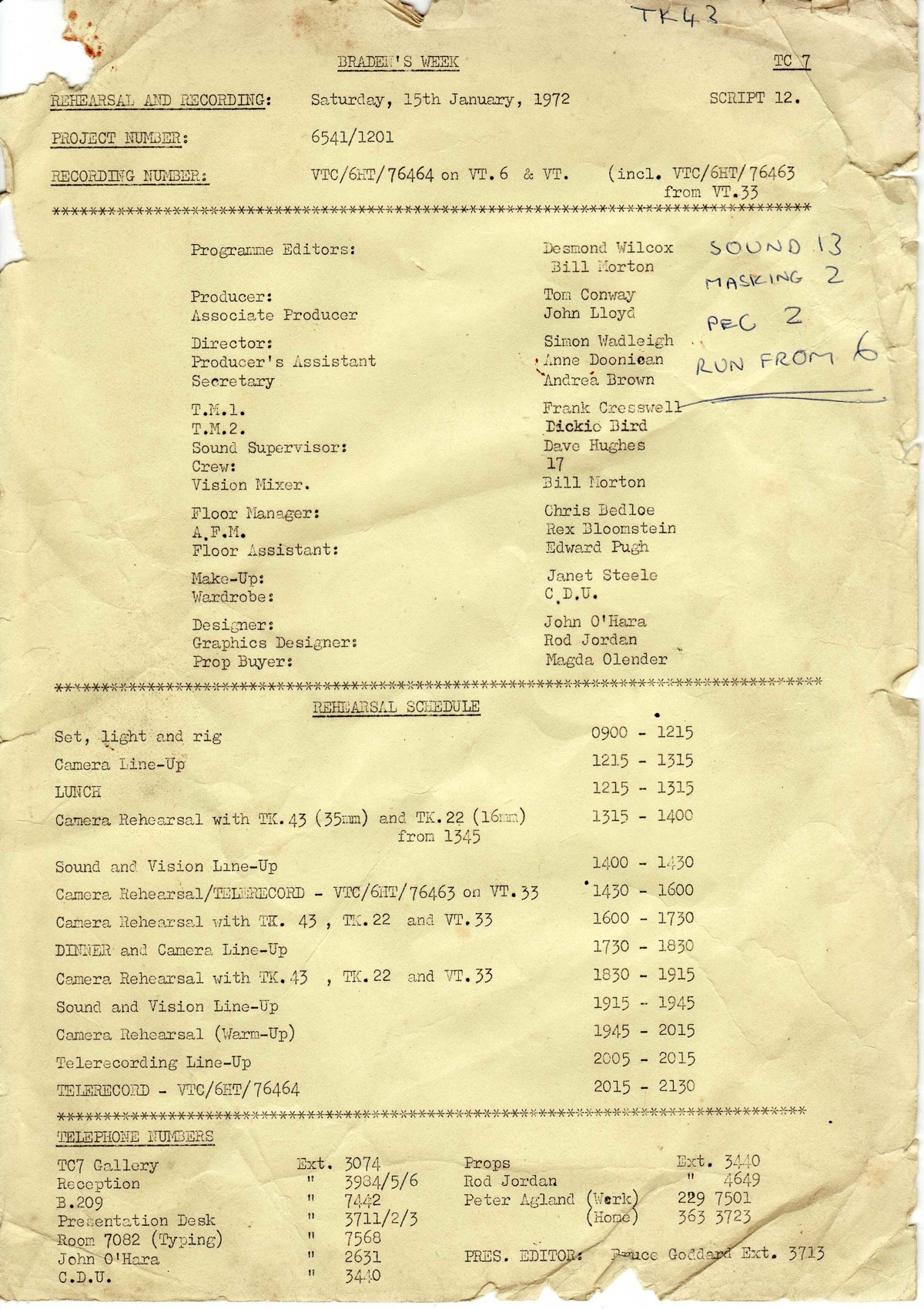Netflix headquarters, 15th September 2031. Despite people’s doom-laden predictions, the company is doing very nicely, thank you. But it’s doing nicely because they’ve finally started making smart financial decisions.
Across the road is where all those smart financial decisions are made. Right next to programme development, in fact. We’re not in the cool section of the place, though. We’re in a nondescript office block. Overspill, where all the boring projects go. It’s surprising it hasn’t been knocked down, and all these people just work from home. In a couple of years, exactly this will happen.
Until then, boring meetings take place here. And today’s boring meeting is about what to do with the latest selection of legacy content, where the rights are running out. David Smith presides over a room of greyness.
“Morning everyone. Let’s get this over with, we all have other things to do. What’s coming up next month, Mary?”
All eyes turn to Mary. She speaks, though it’s clearly an effort to give a flying fuck. “OK. We have Survivor, but the new rules kick in with this season – we only had the rights for this season for a year anyway, due to the new right-to-be-forgotten ruling….”
David rolls his eyes. That one had been a fucker for every company making programmes involving the general public.
Mary continued. “The Price is Right we won’t bother with – that hologram of Bob Barker was a disaster. And then there’s this thing called Black Mirror.”
David frowns. “What? Should I recognise that?”
“I wouldn’t blame you if you didn’t. It was a show we commissioned years back. Science fiction, all very dated now, of course. The main problem is the music rights – they run out next month.”
“Worth bothering with? How many views do we get on that show now, anyway?”
Mary consults her iPad Lisa. She looks up. “It actually gets a fair few streams a month, but the cost of those rights… take a look.”
She hands him the iPad. David glances at it. “Hell, no.”



